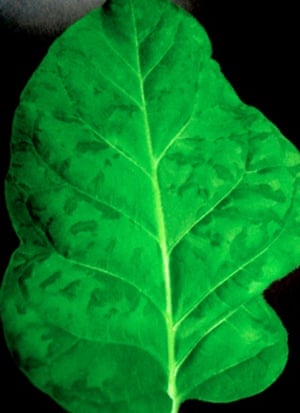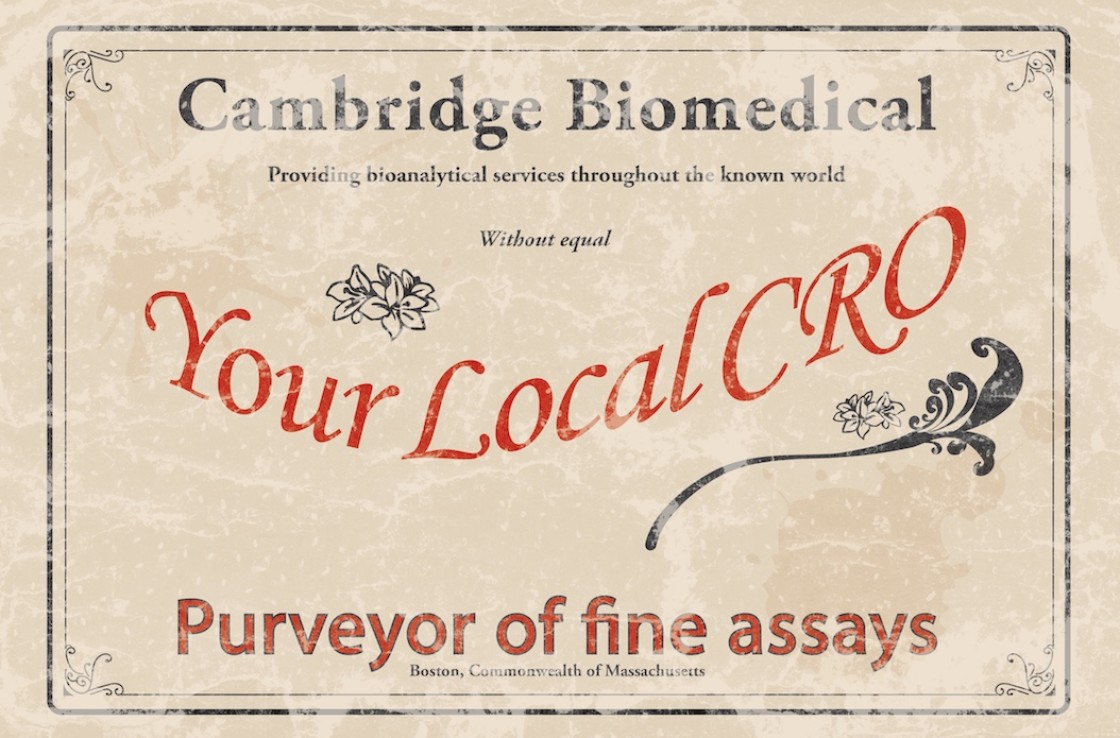A combination of nanotechnology and a virus found on tobacco could save huge amounts of energy in industrial processes
Scientists have found a way to boil water faster, although they admit the discovery is unlikely to revolutionise tea-making.
The technology works by coating a heating element with a virus found on tobacco plants. The coating dramatically reduces the size and number of bubbles that form around the element as it gets warmer. Air pockets caused by bubbles temporarily insulate heating elements from the surrounding water, slowing down the transfer of heat.
A coating made from the tobacco virus tripled the efficiency of boiling water, scientists said, which could save vast quantities of energy in industrial power plants or large-scale electronic cooling systems.

“Even slight improvements to technologies that are used so widely can be quite impactful,” said Matthew McCarthy, an engineer at Drexel University in Pennsylvania.
Controlling the formation of bubbles would also help guard against a scenario called “critical heat flux” that is undesirable – sometimes disastrous – in industrial boilers. This happens when so many bubbles are forming that they merge into a blanket surrounding the element, meaning that it can no longer transfer heat to the water.
“What happens then is the dry surface gets hotter and hotter, like a pan on the stove without water in it,” said McCarthy. “This failure can lead to the simple destruction of electronic components, or in power plant cooling applications, the catastrophic meltdown of a nuclear reactor.”
